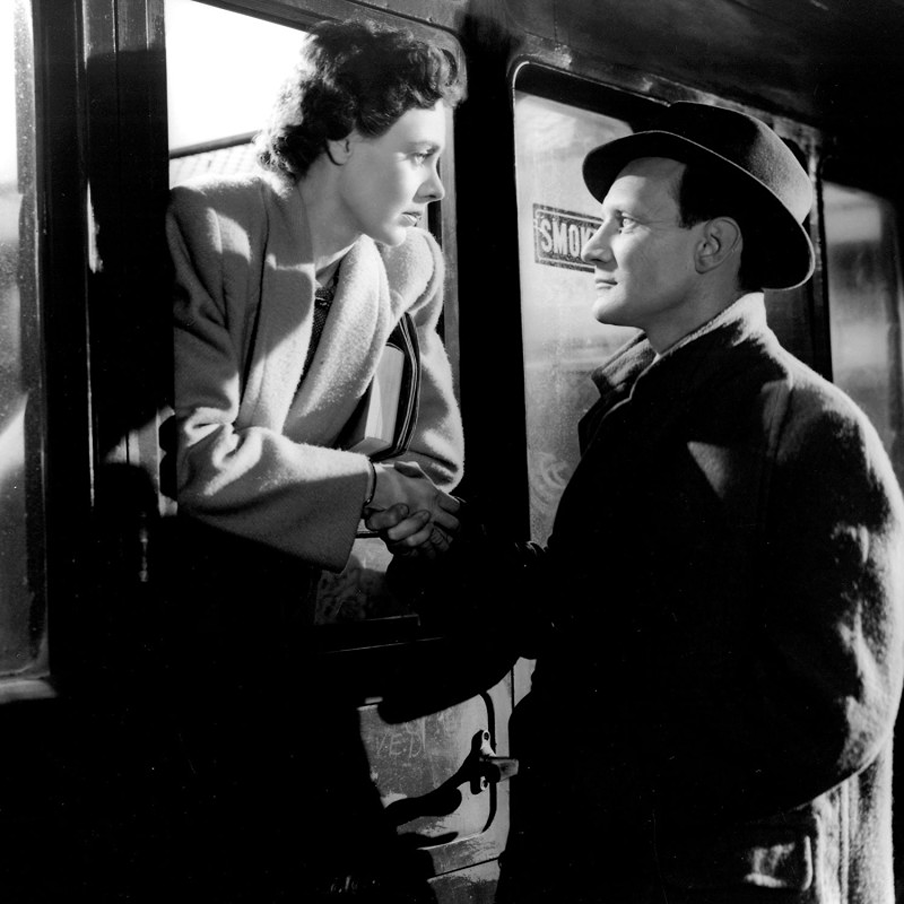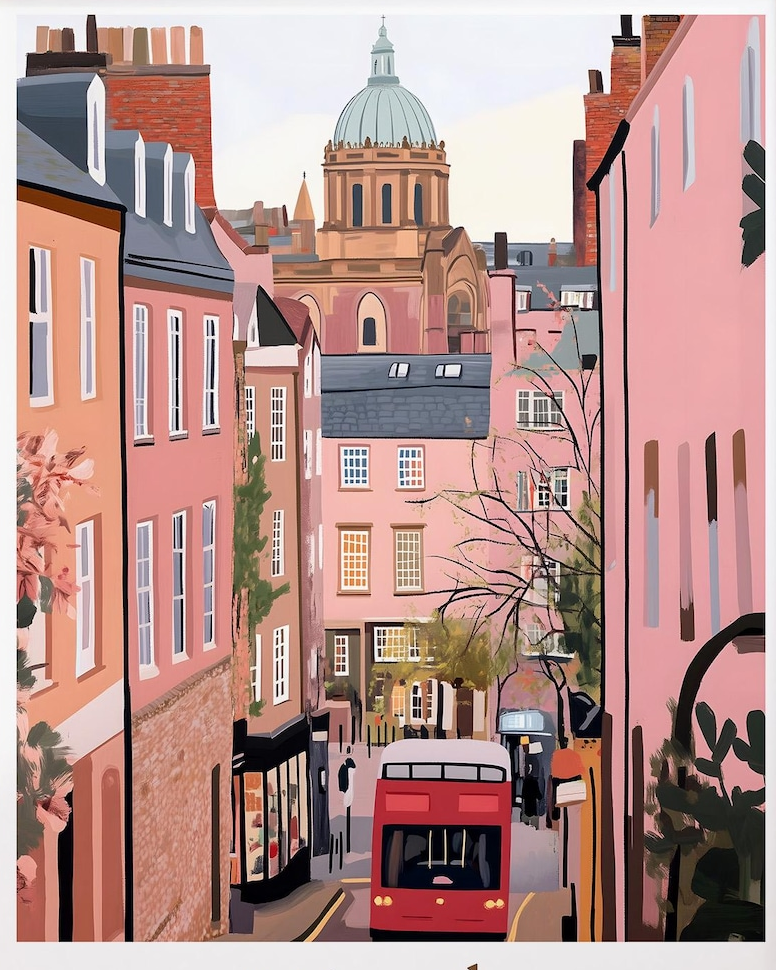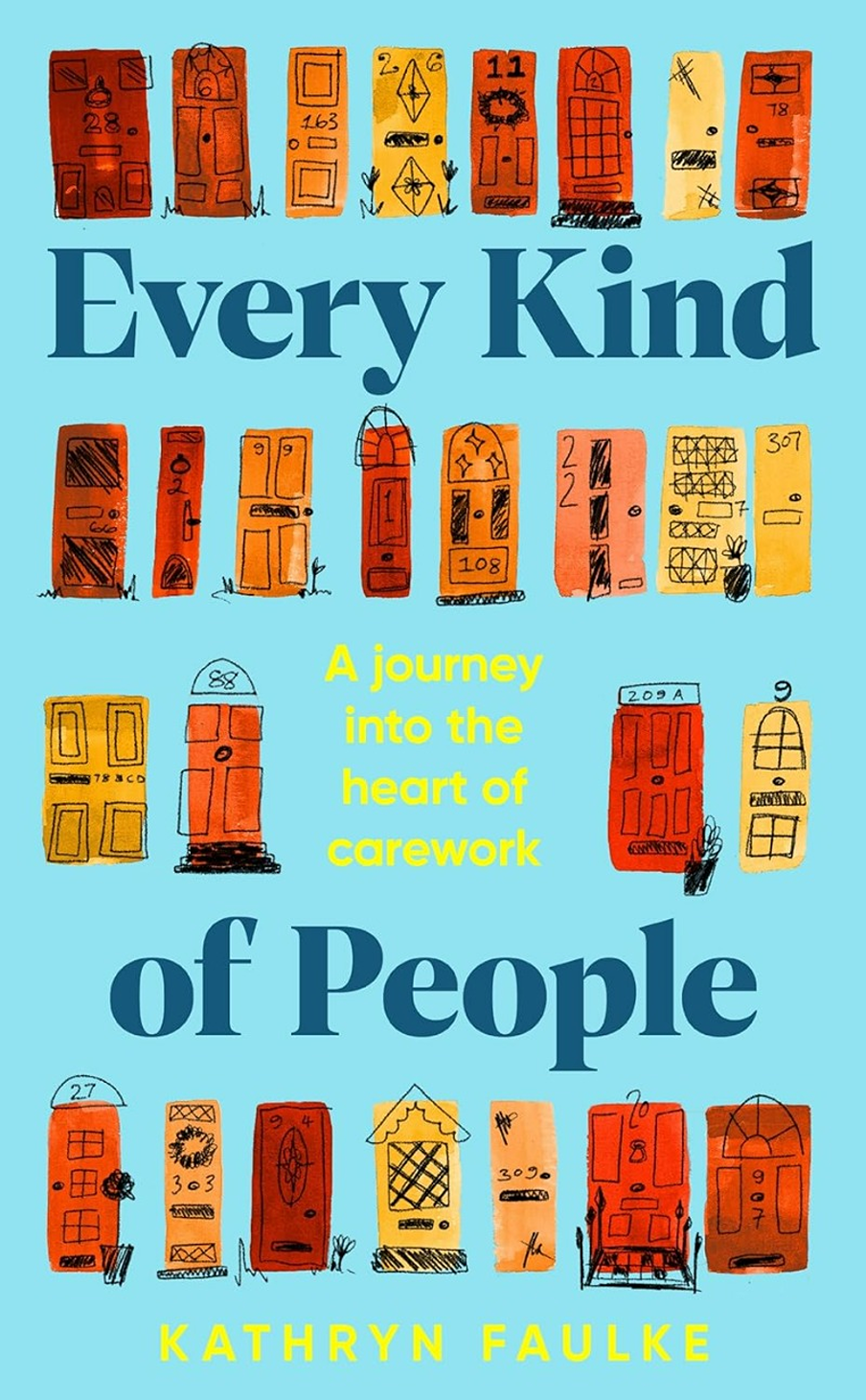Reasons to Support Your Independent Cinema

Most towns and cities in England are home to ‘big cinema’, owned by just two big corporate companies. One almost went bust a few years ago, saved by huge sales of the latest James Bond release film.
But these cinemas still remain very expensive, with over-priced drinks and snacks, and often only showing the latest blockbuster releases, rather than showcasing home-grown talent or interesting world cinema releases.
If you’re going to visit the cinema, try an indie one that will more likely show better films!
Another idea is to use the license of a local pub, and have your own indie cinema for the community. Many transition towns do this, so that you get all the benefits of a local cinema, yet still support communities over big multi-nationals. Independent Cinema Office has information, if you wish to set up your own local independent cinema.
You can rent films from any genre (including classic black-and-white movies) from British Film Institute. Even if you only have a small space, you can use a simple Smartphone Projector to give all of the allure of a real cinema. You could nominate someone as ‘half-time ‘usher’ to offer drinks and snacks!
Challenges Faced by Indie Cinemas
Keeping the lights on in indie cinemas isn’t always easy. With limited funding, they often struggle to compete with the multiplex giants. The rise of digital streaming services adds another layer of challenge, wooing audiences away with the lure of convenience.
Yet, there’s a magic in watching a film, popcorn in hand, surrounded by fellow movie lovers—a magic that’s worth fighting for.
Ways to Support Indie Cinemas
Becoming a member of your local indie cinema often brings perks like discounted tickets or special event invitations. Your membership dues or donations provide vital funding, helping to cover operational costs. Think of it as an investment in a vibrant cultural community.
Ever left a cinema so buzzing with excitement that you can’t stop talking about the film? Use that energy for good by sharing your thoughts. Word-of-mouth remains a powerful tool. Mention your indie cinema visits on social media, or chat to friends—they might just follow your lead.
If you’ve got some spare time, why not volunteer? Many indie cinemas welcome help, whether it’s running the ticket booth or assisting with events. It’s a fulfilling way to contribute, and you might just meet some fellow cinephiles along the way.
The Impact of Supporting Indie Cinemas
Indie cinemas give a boost to local economies by attracting visitors who also dine and shop nearby. They’re a cornerstone for small businesses in the area. Every ticket purchased contributes to a ripple effect that sustains jobs and supports the neighbourhood.
These theatres aren’t just places to watch films; they’re community hubs. They foster a sense of belonging, bringing together people who might otherwise never meet. Through film, they create a space for dialogue and shared experience.
By supporting indie cinemas, you help amplify diverse voices. These venues are often the only places to catch films by minority directors or those that tell unconventional stories. It’s about broadening perspectives and enriching our cultural landscape.
The History of the film ‘Brief Encounter’

Today most cinemas seem obsessed with American blockbusters. But of course England has had its own successful film industry for over 100 years.
Many top films like The 39 Steps are iconic. But most people agree that likely the best film ever made in England was Brief Encounter, a story of surprising love in middle-age (that never amounts to anything, due to both people being married to other people).
Penned by Noel Coward originally as a play (it’s him making the train station announcements), the film was mostly filmed at Carnforth Station in Cumbria (the tea room still exists, as a tourist spot).
Famously Celia Johnson runs out to throw herself in front of the express train, not being able to bear it that Trevor Johnson’s character is going to South Africa, so they won’t be tempted into an affair, due to their deep love for each other.
The reason why Carnforth was chosen, was because it was far enough away from London, to be warned if there was an air raid (the film was shot during the Second World War, released in 1946). The bridge that the couple cross is in the nearby village of Langdale.

Celia Johnson was one of England’s top actresses, and later married the brother of Ian Fleming (who wrote the James Bond novels).
This writer pens a loving tribute to the ‘lady who made more Englishmen go weak at the knees than any other lady of the 1940s’. Primarily a stage actress, he says her accent was so charming that she would make Y noises before certain vowels:
‘I went eybsolutely myad and bought a new hyat’.
Famed for being quiet and intelligent and witty, she is the opposite of today’s vacuous celebrities, once telling her daughter that she would not write an autobiography, as she had never had an affair with Frank Sinatra. And if she had, she would not have told anyone!
Celia is buried next to her husband (near her son-in-law and granddaughter, who sadly died in a boating accident on the Thames).
Trevor Howard was a very successful actor, who is one of a small handful of well-known people who have declined an honour from the government (in his case, a CBE).
Others were Rudyard Kipling and painter Lowry (who after the death of his beloved mum, said there was no point in accepting one, as ‘There seemed little point, once mother was dead’).






